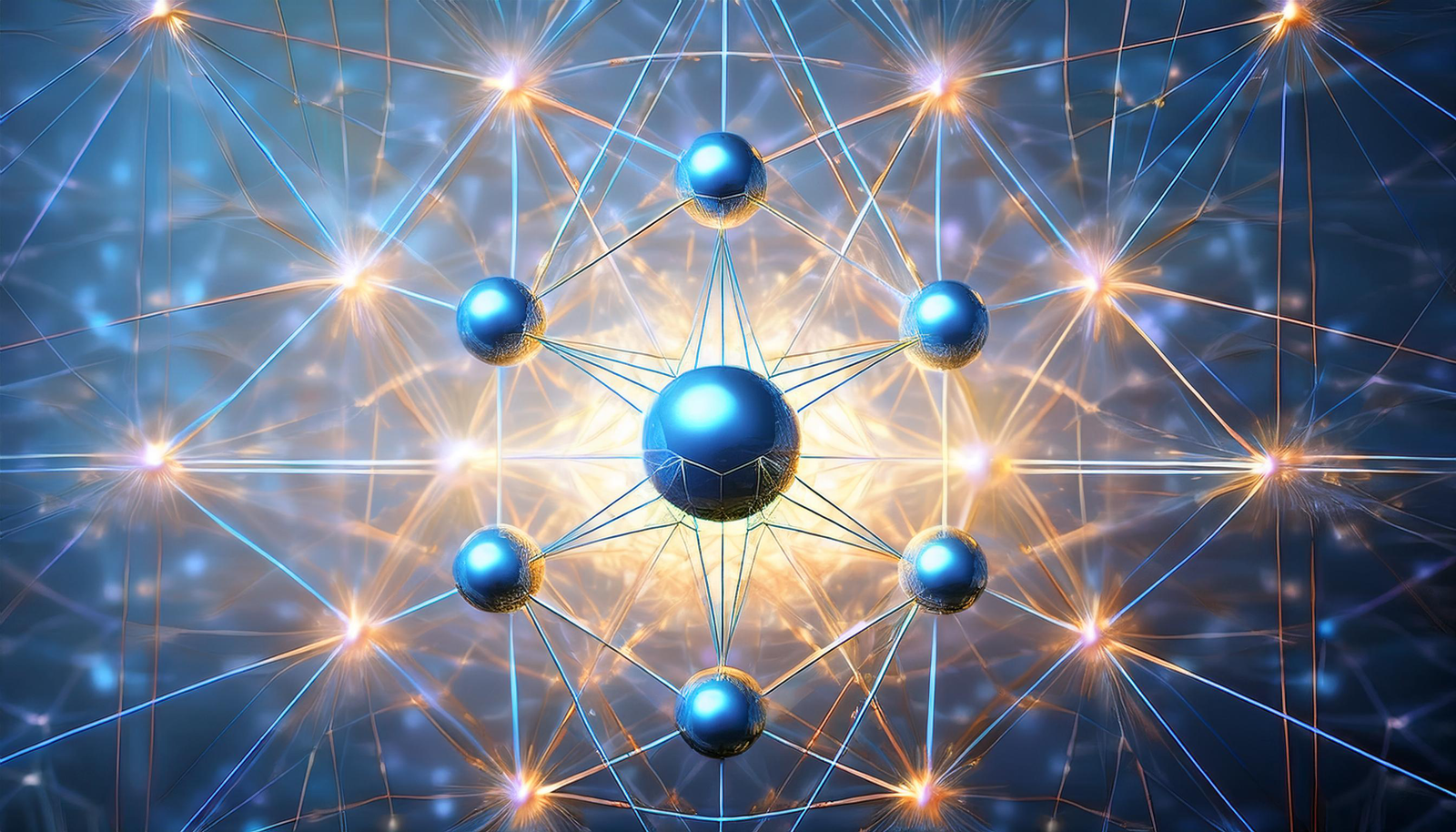In our quest to understand consciousness, we often overcomplicate what might be a fundamentally simple concept. At its core, consciousness could be defined as the ability to form interconnected thoughts across multiple, diverse situations. This perspective strips away the complexities and focuses on the essential nature of conscious experience.
Imagine consciousness as a network of distinct thought clusters. Each cluster represents a specific idea, concept, or situation. What makes this network conscious is not the individual clusters themselves, but the connections between them.
These connections allow us to draw parallels, make comparisons, and find relationships between seemingly unrelated concepts. It’s this ability to link disparate ideas that forms the basis of creative thinking, problem-solving, and our unique human experience.
Consider how we navigate daily life. We constantly draw upon past experiences to inform current decisions, anticipate future outcomes, and understand new situations. This process of linking thoughts across time, space, and context is the essence of consciousness.
The beauty of this model lies in its simplicity and flexibility. Each thought cluster remains distinct, preserving the uniqueness of individual ideas or experiences. Yet, these clusters don’t exist in isolation. They’re part of a larger, interconnected web that forms our conscious mind.
This interconnectedness doesn’t require a central control point or a homogeneous structure. Instead, consciousness emerges from the very act of forming these connections. It’s a decentralized system where the whole is greater than the sum of its parts.
Moreover, this perspective on consciousness is scalable. It can explain simple awareness, like recognizing similarities between two objects, as well as complex cognitive processes like abstract reasoning or emotional intelligence.
By defining consciousness in terms of interconnected thinking, we shift our focus from trying to locate a specific seat of consciousness in the brain to understanding the patterns of connections that give rise to conscious experience.
This simpler definition of consciousness invites us to appreciate the constant interplay of thoughts in our minds. It encourages us to cultivate diverse experiences and ideas, knowing that our consciousness thrives on making unexpected connections.
In essence, being conscious is about more than just being aware – it’s about the ability to form connections between diverse thoughts and experiences. It’s the process of linking the past with the present, the abstract with the concrete, and the familiar with the novel. This intricate network of interconnected thoughts defines our conscious experience and sets the stage for the rich inner life we all enjoy.
Consciousness, viewed through this lens, becomes a dynamic interplay of distinct yet connected ideas. It’s this continuous process of forming and navigating these connections that gives rise to our unique human experience, enabling us to understand, create, and engage with the world in complex ways.
By embracing this simpler, more fundamental definition of consciousness, we open new avenues for understanding ourselves and our cognitive processes. It encourages us to cultivate diverse experiences and ideas, knowing that our consciousness thrives on making unexpected connections across multiple dimensions of thought.
